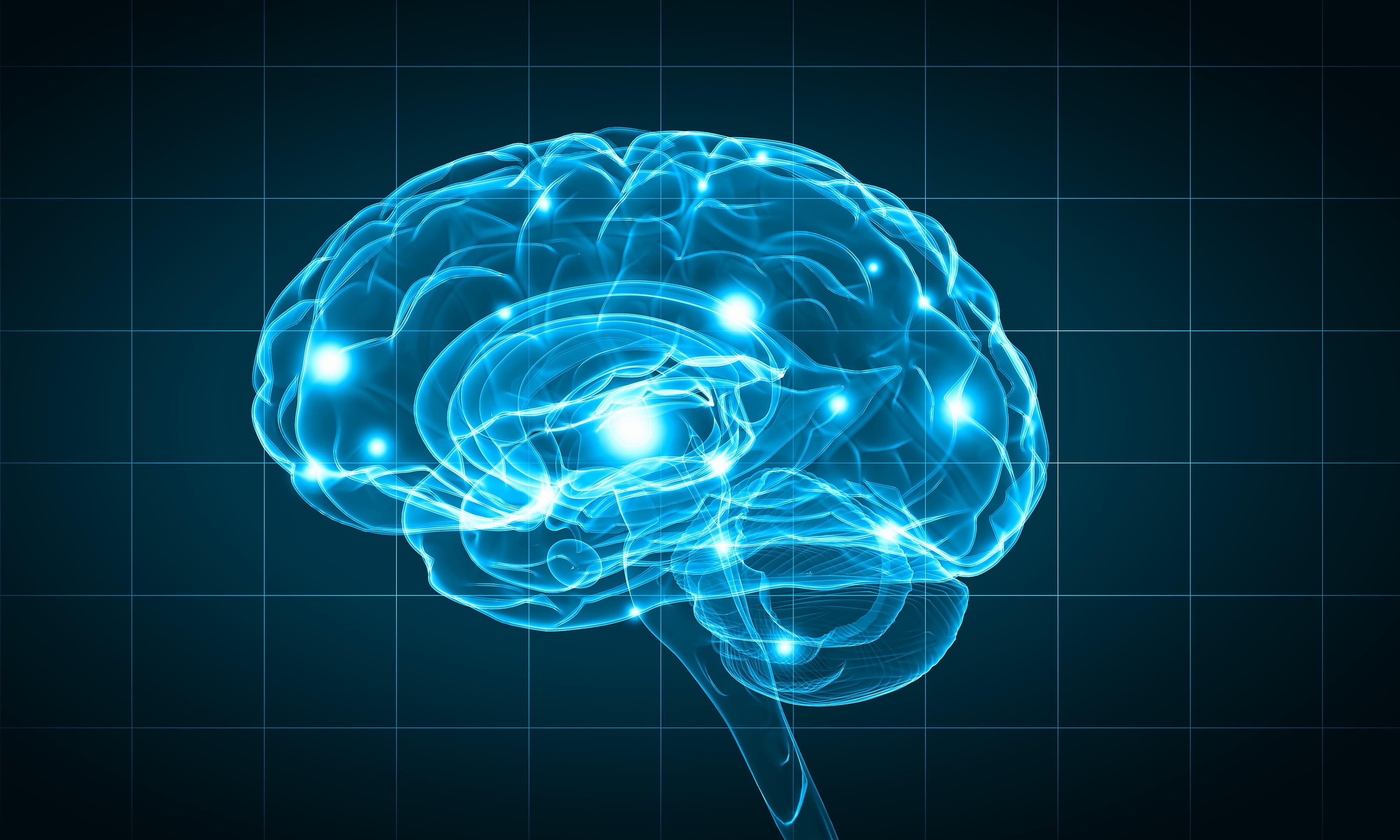Imagine you’re sitting across from a friend, having a conversation.
I’m a die-hard Beach Boys fan. In one of their most famous songs, they sing about “pickin’ up good vibrations” from a girl. We’ve all felt those “good vibes” when we’re connecting with someone new. I used to think that feeling was a mysterious, mystical experience — something I couldn’t fully explain that bonded me with some friends and strangers more easily than others.
It turns out that “good vibes” aren’t as mysterious as I thought.
Pioneering neuroscientists have begun investigating how the brain works when we are interact ing with others — a technique they call hyperscanning. Neuroscientists have been using existing scanning methods, like MRI and EEG, to monitor the brain activity of two or more people as they do something together: for example, performing music, learning a poem, or having a conversation.
